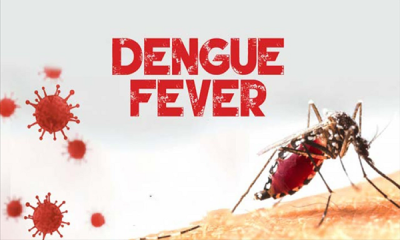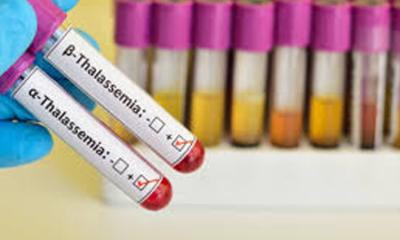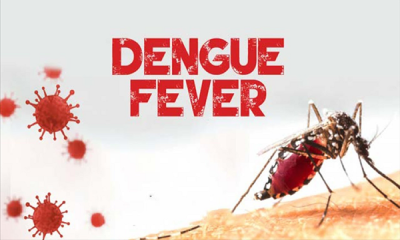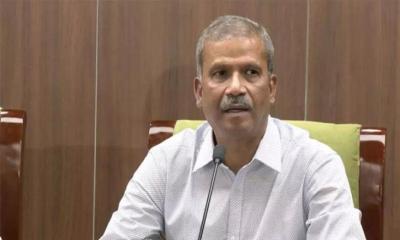Following gargantuan global efforts against Covid-19, tuberculosis is once again the world's biggest infectious killer, according to top experts .
Mel Spigelman, president of TB Alliance, hailed the swift and dramatic progress to rein in the Covid pandemic, with a vast array of safe and effective vaccines, tests and treatments developed in the space of two years.
"But the juxtaposition with TB is pretty stark," he mentioned in an interview.
Tuberculosis, was the world's biggest infectious killer before Covid-19, with the death rate of 1.5 million each year.
With global Covid deaths steadily being in the lower side now, "TB has regained the dubious distinction," Spigelman said.
The TB Alliance, working to develop and deliver faster-acting and affordable drugs against the disease, especially in poorer countries.
Unlike Covid, there appears to be little, and even waning, interest in taking on TB.
Most of the TB Alliance donors suddenly could not commit more than a year of funding at a time.
"I am very worried that the progress that has been made, which has already been eroded by Covid... could be even further eroded," Spigelman said.
Ironically, difficulties are coming amid a revolution in the treatment of drug-resistant TB.
Around five percent of the 9.5 million people who contract TB each year are resistant to commonly-prescribed antibiotics.
Patients were forced to take five to eight pills a day, and often a daily injection, for up to two years, with horrible side effects and a cure-rate of just 20 to 30 percent.
But a new drug regimen BPaL, first approved by the US Food and Drug Administration in 2019, consists of just three pills a day for six months, and has far fewer side-effects.
Spigelman blamed the lacking urgency around rooting out TB on it being "a disease of the poor".
"If rich people around the world were getting it, I think we would see a very different response," he said.
Spigelman said that with the kind of resources poured into Covid, TB could be wiped out altogether.
"If the resources were there, I bet you it could be eradicated."




-20260106082251.webp)

-20251231101531.webp)



-20260216115008.webp)







-20260216055149.webp)




















